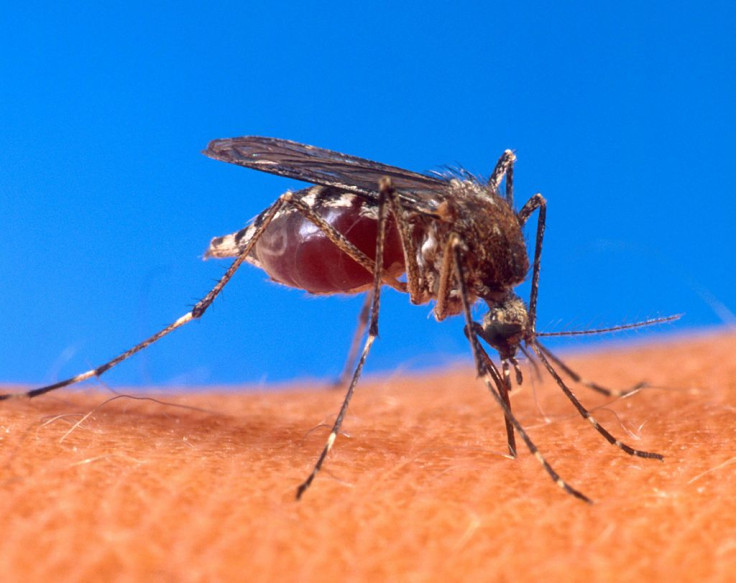New, Untreatable Chikungunya Virus In Caribbean Affects 4,600, Worries Tourism Officials

An untreatable mosquito-borne virus is spreading across the Caribbean, and has affected more than 4,600 people in a little over six months, according to a reports from the Pan American Health Organization. Never before seen in the Americas, the disease has officials and businesses worried about the islands' vital tourism industry.
“The players in the tourism industry need to be concerned,” Dr. James Hospedales, executive director of the Caribbean Public Health Agency, said in a statement this week. “We have been working with the Caribbean Tourism Organization on some of the communications messages because you have to be truthful and honest in informing the population, but on the other hand you can’t cause alarm and panic.”
“It has not been here before, so people are susceptible, there is no resistance and we have had a lot of the mosquitoes that transmit it,” he said.
The Chikungunya virus is a mosquito-borne infection similar to Dengue fever. The first cases of this outbreak were reported in December 2013 on the French side of St. Martin, and it has spread to 19 countries across the region, according to the U.S. Centers for Disease Control and Prevention, which recommends that travelers protect themselves from mosquito bites in these areas.
As yet there is no cure for the disease. Though it’s not fatal, it causes fever, pain, fatigue and can lead to chronic joint pain. Originally discovered in Tanzania in the 1950s, it hasn’t been documented in the Americas until now.
“Sustained outbreaks in Asia and Africa in recent years also suggest the potential for considerable economic losses,” according to a report from the Global Health Policy Center at the Center for Strategic and International Studies in Washington.
The French island of Reunion, in the Indian Ocean, saw tourism drop 60 percent after an outbreak in 2005-2006.
More than 25 million tourists visited the region in 2013, according to the Caribbean Tourism Organization. It’s the most tourism-dependent area in the world, yet only has a market share of roughly 1 percent of all tourists, according to Lorraine Nicholas, Tourism Program Officer at the Organization of East Caribbean States, who spoke about the need for cooperation in a radio interview on Wednesday.
Though there have been some reported cases in the United States, doctors aren’t concerned about an outbreak on the mainland.
“Both the cases were imported,” Claudia Blackburn, health officer in Leon County in Florida, told the media after tourists who had visited the Caribbean contracted the disease. “We don’t anticipate seeing any local spread.”
© Copyright IBTimes 2024. All rights reserved.






















